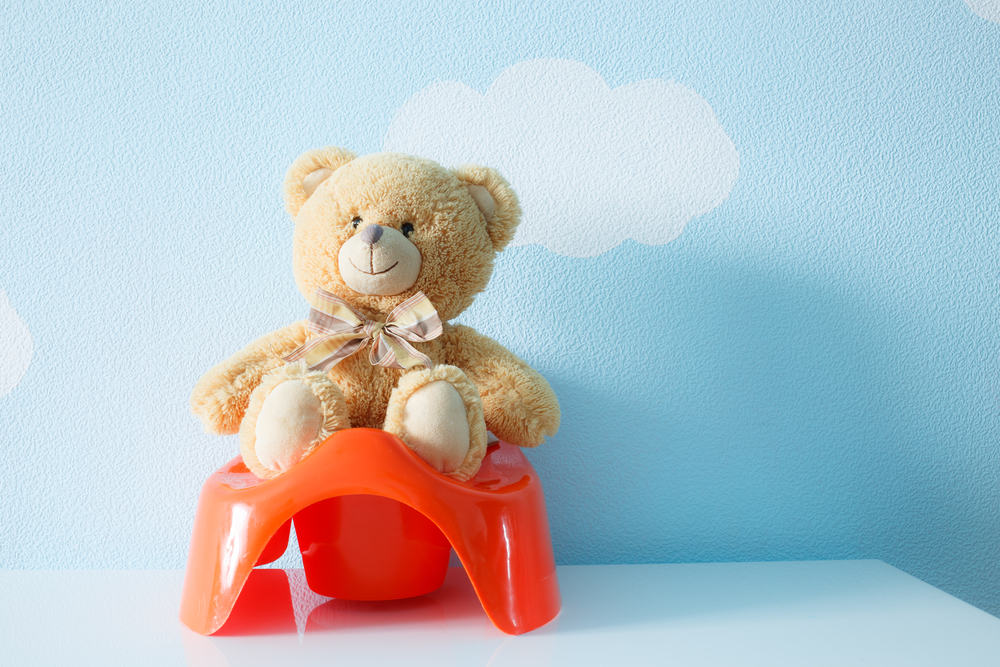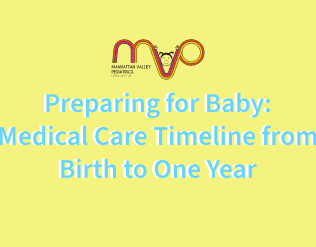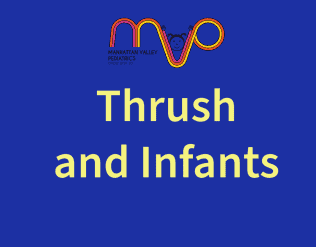When to start Potty training your child
Potty training is an extremely important development in your child’s (and your own) life. We’re here to provide you with the information you need to help your child take this big step.
At what age should Potty Training start?
Although a large portion of children are ready to begin between 18 and 24 months, the chances of potty training being successful depends on your child’s developmental stage. Each child is unique, and while some children may be able to start early, other children may not be ready until they’re older than 3 years old. When it comes to potty training, it is better to be patient and wait until your child is ready than to start early. Here are some milestones that can be a reliable indicator of whether or not it’s time to start training!
Ready to start training? Look out for these signs first!
- Your child seems motivated to learn. They may ask questions about the bathroom, or indicate some curiosity about the process.
- Your child understands when their diaper is dirty, and is able to indicate when they need to be changed.
- Your child can follow simple instructions, and is eager to copy your behavior.
- Your child is able to get on a Potty, stay in place for long enough, and get off on their own.
- Your child is able to pull down their own diaper and pants.
When will my child be ready? What the studies show…
Although very early Potty training can be successful, many studies show that beginning training before 18 months can result in children who aren’t trained till the age of 4. Interestingly, studies also show that children who begin training at the age of 2 are more likely to be trained by the age of 3.
Preparing for training!
If your child isn’t quite ready to start training, or you’re just about ready to go, here are some really useful steps that can make the entire process much easier for you and your child.
- Purchase a Potty chair to have around your home. Allowing your child to pick out their chair can build excitement for them to use it! Explain in simple language what the chair is for and how to use it.
- Begin to use words like “pee pee” or “poop” to allow your child to connect some new words to the process of going to the bathroom. Begin to do this while changing their diaper.
- Allow your child to see where the “poop” from their diaper should go by taking them to the bathroom and allowing its contents to go into the toilet. Let them flush it down to help build the understanding.
When NOT to Potty train…
Learning a new process is not an easy thing for a child to do. If you feel it’s not time to start, don’t rush it. Here are some things to keep in mind before you consider to begin training.
- Your child is moving from a crib to a bed
- You’re traveling with your child
- You’re moving to a new home soon
- Your child is sick
- You recently had another child
These things may get in the way of training, and it is perhaps best to hold off training your child until a better opportunity presents itself.
What to remember as you start training
Potty training can be an amazing experience for your child if they’re ready to take the step. Just remember, accidents are going to happen… A LOT! Stay patient with your child and keep them positive about the learning process. The more patient and positive you stay for your child to complete the process, the easier and more exciting for them it will be. Remember, it isn’t easy!
From your friends at MVP, have fun and good luck!




